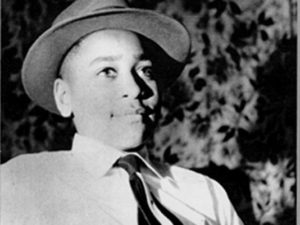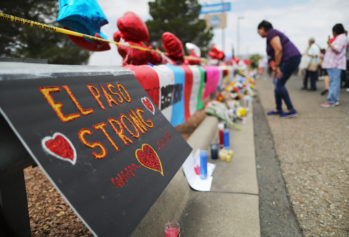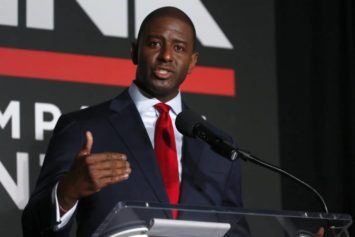On Tuesday, Dec. 13, Congress approved legislation that would allow FBI agents the opportunity to revisit a number of civil rights murder cases that went unsolved.
Bearing the name of the Chicago boy found brutally beaten and murdered by two white men in Mississippi, the Emmett Till Unsolved Civil Rights Crimes Bill now awaits President Obama’s signature. If signed, the legislation could expand FBI investigations to include unsolved civil rights crimes that occurred before 1980.
According to the Mississippi Clarion-Ledger, authorities across the U.S. have reopened and prosecuted numerous civil rights cold cases, resulting in 24 convictions since 1989. One of the most notable was the conviction of Byron De La Beckwith, who was sentenced to life in prison for the death of Mississippi NAACP leader Medgar Evers. Cases reopened by the FBI, in conjunction with the Justice Department, also led to the successful prosecutions of Klan members Thomas Blanton and Bobby Cherry for their role in the deadly 16th Street Baptist Church bombing that killed four young Black girls.
It was ultimately the 2005 conviction of Edgar Ray Killen, who orchestrated the murders of civil rights workers James Chaney, Andrew Goodman and Michael Schwerner in 1964 that pushed Kansas City activist Alvin Sykes to pursue federal legislation for coordinated efforts to investigate unsolved civil rights crimes. Sykes, known for investigating the murders of Black people during the civil rights era, is actually credited with prompting lawmakers to pass a bill creating the cold case unit of the FBI, according to the Kansas City Star.
That original bill, passed in 2008, was named in honor of Till. Sykes said he named the bill after the slain boy after promising his mother, Mamie Till-Mobley, to pursue the case. The men responsible for Till’s death, Roy Bryant and J.W. Milam, were acquitted by an all-white jury in 1955 but confessed to the killing in Look magazine a year later.
The original Till Bill allowed lawmakers to revisit the case. Now, Sykes says the legislation is in need of an upgrade.
The Kansas City Star reported that the activist is expected to travel to Washington, D.C., this week to begin convincing other legislators to join as bipartisan co-sponsors of the “Till Bill 2.” The new legislation would make FBI cold case investigations ongoing, remove the previous pre-1970 limit on unsolved crimes and eventually pave the way to include police misconduct cases and cold cases involving crimes against LGBTQI people.
Moreover, the legislation would consist of funding for private groups like Syracuse University’s Cold Case Justice Initiative and the Georgia Civil Rights Cold Cases Project at Emory University, both of which have spearheaded efforts to identify and solve cold cases.



